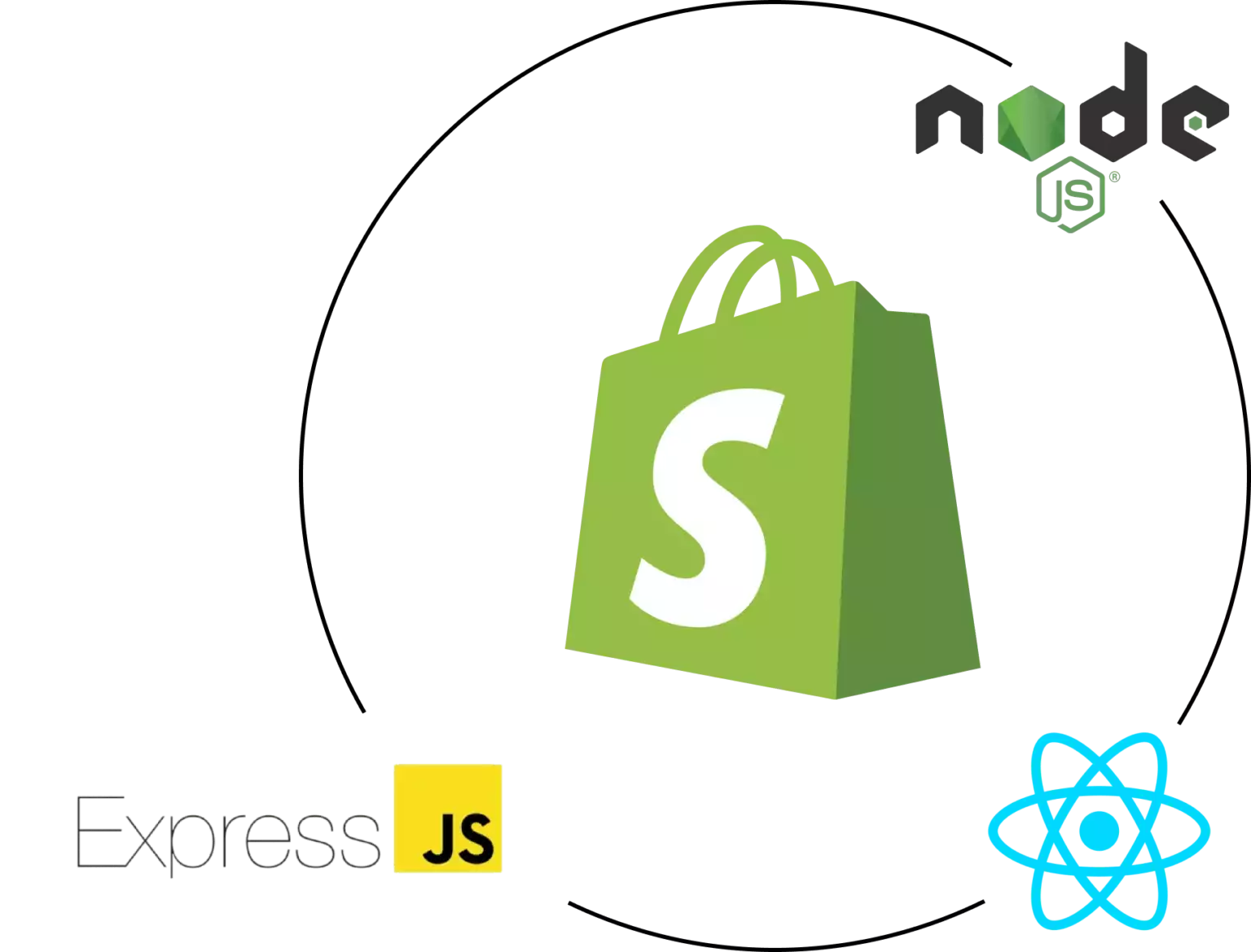Overview
In today’s cutthroat e-commerce landscape, standing out is essential, and one of the best ways to set apart a Shopify store is through custom app development. A robust Shopify app can boost store capabilities, simplify processes, and boost customer engagement. This guide delves into essential elements of Shopify app development, covering API integration and app ecosystem to growth techniques and digital marketing approaches, providing a roadmap for businesses looking for unmatched store performance.
Why Shopify API Integration Matters
Shopify’s API provides powerful tools to personalize and expand store capabilities. With GraphQL and REST APIs, developers can access data to create apps that handle inventory management, order handling, and customer data management seamlessly. Integrating Shopify’s API can lead to better workflow automation and enables stores to serve customers more effectively.
Utilizing the Polaris Design System
Shopify’s Polaris is Shopify's design system for designing user-friendly and easy-to-use Shopify apps. By adhering to Polaris guidelines, developers ensure that apps seamlessly integrate within the Shopify Admin interface. This ensures a cohesive look and feel that resonates with Shopify merchants, encouraging usability and comfort for merchants using your custom app.
Navigating the Shopify App Ecosystem
The Shopify app ecosystem offers endless possibilities for enhancing e-commerce sites. From handling order fulfillment to increasing customer engagement, apps in this environment are designed to meet various business needs. Familiarizing with this system assists developers in finding unique app ideas and enables seamless integration of third-party services that enhance the store.
Developing Embedded Shopify Apps
Embedded apps integrate directly within the Shopify Admin, providing a smooth interface for merchants. They allow merchants don’t have to navigate away from their Shopify control panel, simplifying their process. Using Shopify App Bridge and embedded app features is recommended for offering a cohesive, integrated user environment.
Leveraging Node.js and React for Shopify Development
Node.js and React have become top options for Shopify app creation. This server-side framework enables high-performance server-side applications, while React allows for dynamic, responsive front-end user interfaces. Combined, they offer an excellent framework for creating speedy, scalable Shopify apps that improve store functionality and customer engagement.
Webhooks in Shopify Apps
Webhooks enable instant data synchronization between Shopify and an external app. They trigger events such as new orders or stock changes and provide immediate alerts to your app. By utilizing webhooks, apps can provide up-to-date insights for store owners, streamlining workflows and increasing efficiency.
Customer Engagement and Digital Marketing for Shopify Apps
To ensure Shopify app success, connecting with users is crucial. Using digital marketing strategies like SEO, email marketing, and social Importance of webhooks in Shopify apps media campaigns can drive app adoption. Additionally, designing apps with customer interaction as a focus (e.g., loyalty programs or personalized suggestions) boosts user retention and loyalty.
Scaling Your Shopify App
As e-commerce businesses grow, so do their technology requirements. Making sure that your app can scale to handle increased traffic, larger databases, and more complex functionalities is essential. By optimizing server capacity and implementing scalable solutions, you can create apps that expand in parallel to a store’s success.
Important Features and Maintenance Tips for Shopify Apps
For an app to be useful, it should include essential features like user authentication, dashboard analytics, and support channels. Ongoing app upkeep, with updates to fix bugs and compatibility checks with new Shopify features, is vital to maintain uninterrupted performance and avoid interruptions to business processes.
Conclusion
Custom Shopify app development holds vast potential for e-commerce stores, providing the chance to improve performance, streamline processes, and build customer relationships. With API integrations and Node.js to focusing on scalability and customer interaction, building a Shopify app requires careful planning and well-planned actions. If you’re ready to unlock your store’s full potential, a custom Shopify app could be the perfect choice. What capabilities do you see Shopify’s embedded app experience for your dream application? Share your thoughts and take the first step toward an optimized e-commerce experience!
